How to Have a Healthy Gut: The Ultimate Guide to a Healthy Microbiome

Table of contents
Introduction
Having a healthy gut isn’t just about looking good on the outside. A healthy gut is the cornerstone of our immune system, and they have powerful implications for our overall physical health and mental wellness.
A high-quality diet rich in nutrients is essential to maintaining a healthy gut. When your gut is optimal, you can break down food efficiently and reduce your risk of dangerous infections such as bacterial or viral gastroenteritis.
Read on to discover everything you need to know about having a healthy gut.
What is a gut?
The gut, or gastrointestinal tract, is the pathway that food travels through from the mouth to the anus. This tract is also home to trillions of microorganisms called the microbiome, which significantly influence our health.
Our guts are responsible for all the functions related:
- to digestion
- absorption of nutrients and vitamins from food
- excretion: removal of waste and excess water from the body
The gut needs a healthy environment to function effectively. If this environment is compromised, it can lead to serious health problems.
An unhealthy gut is a gateway to many health issues, from allergies and autoimmune diseases to depression, anxiety, and autism.
What is the microbiome?
The microbiome refers to the vast collection of bacteria in our guts. There are more bacteria living in our guts than human cells!
These “good” bacteria are essential for helping us to digest our food and extract nutrients. They are also responsible for training our immune systems and preventing disease.
And although the word “bacteria” may seem harmful, there are many ways to keep them in check.
The microbiome is a delicate balance of harmful and beneficial bacteria that must be kept in check. You can do many things to maintain a healthy and balanced microbiome.
What is a Healthy Gut?
A healthy gut is the first step to a healthy body and mind. With a healthy gut, you can absorb the nutrients from your food more effectively and have less bloating, cramping, and gas.
A healthy gut also reduces your risk of bacterial and viral infections such as food poisoning or gastroenteritis.
A healthy gut is rich in bacteria, has good gut integrity, and can break down food effectively.
So, how do you know if your gut is healthy? And what can you do to help maintain a healthy gut?
How to Have a Healthy Gut?
Having a healthy gut should be a top priority for everyone. It’s crucial to your overall health and wellness. A healthy gut prevents disease, keeps you feeling energized, and is essential to weight loss.
Consuming a balanced diet rich in probiotics, fiber, and protein is crucial. You can also take a probiotic supplement to help maintain good bacterial levels in your gut.
Having a healthy gut is easier said than done. It’s a constant battle to keep your microbiome in check and maintain good gut health.
Here are a few essential tips to help you stay on track and have a healthy gut.
6 Tips for Maintaining a Healthy Gut
1. Keep your diet and calorie intake balanced
The most common cause of gut health problems and inflammation is not eating enough healthy foods and overeating food in general.
So make sure your diet is diverse in macro and micronutrients and minerals, and you’re eating within your calorie needs.
2. Exercise regularly
Regular exercise can help to reduce inflammation in the gut and ease symptoms of digestive disorders such as Crohn’s disease and irritable bowel syndrome.
Exercise helps to increase blood flow to the gut, which delivers vital nutrients and oxygen to the intestines. So if you’re looking for ways to improve your gut health, hit the gym – or go for a run!
3.Consume probiotic foods
You can boost your intake of good bacteria by eating probiotic foods such as kefir, natural probiotic shots, kombucha, miso, kimchi, and sauerkraut.
These foods are naturally high in probiotics and are a great way to help your gut stay healthy.
4.Eat a fiber-rich (prebiotics) diet
Prebiotics is a fancy word for fiber. Essentially it’s food for your microbiome. Fiber helps feed the good bacteria in your gut, supports healthy bowel movements, and keeps your bowels healthy. Thus, a fiber-rich diet is essential to maintaining a healthy gut. You can find fiber in vegetables, legumes, fruits, and whole grains.
5.Stay hydrated
Water is essential for proper digestion. If you are not adequately hydrated, your body cannot break down your food efficiently. This leads to bloating, cramping, and excess gas. So, ensure you consume enough water daily to keep your digestive system healthy.
6. Take a daily multivitamin
Although a daily multivitamin isn’t a substitute for a healthy diet, it does help to boost your intake of essential vitamins and minerals. Daily multivitamins can help improve your gut health and protect against disease.
The “Unfriendly” foods for our microbiome
Consuming too much of any food isn’t good for your gut. Overeating can cause damage, irritation, inflammation, bacterial imbalances, excessive bacterial growth, and damage to your intestines’ mucosal lining.
With that said, it’s worth mentioning – alcohol, sugar, and processed foods can be extra harmful to your gut when consumed in surplus.
If you have gut issues, we suggest avoiding them unless your doctor says otherwise.
On the other hand, if you are healthy, it’s worth reducing your consumption. Try eliminating the unfriendly foods at a time for a certain period (ex., one month). Or try experimenting: see how your body reacts when you eliminate these foods from your diet.
What about dairy? Can I eat cheese or milk?
There are many studies as well as professional and amateur opinions about dairy and its benefit. As always, they split into two camps – pro and anti-dairy.
We can’t deny the benefits of dairy. It’s high in protein, calcium and has lots of benefits to our health. But everything is good in balance.
If you are okay with dairy products, there is no need to cut them from your diet completely. Just make sure you eat within your calorie needs.
If you are lactose intolerant or dairy products make you sick or bloated, stay away from them.
Here is a little tip: experiment drinking our kefir; it is 99% lactose-free. Probiotics eat 99% of lactose, turning it into lactic acid – the enzyme that boosts your digestion.
Foods that Benefit Your Gut and Digestion
Probiotic-rich foods
Eating fermented foods is one of the best ways to better your gut. They are incredible sources of probiotics. They also contain other microelements that are beneficial for your health.
The best probiotic foods:
- Kefir
- Natural probiotic shots
- Miso
- Kimchi
- Sauerkraut
- Kombucha
Oats
Oats are rich in fiber and beta-glucan. Both of these are essential for maintaining healthy gut bacteria. Oats are also rich in zinc, essential for hormone balance and gut health.
Flaxseeds
Flaxseeds are rich in fiber and healthy fats. They are also high in minerals, essential for maintaining a healthy gut.
Fruits and Vegetables
Fruits and vegetables are rich in fiber and water. This helps flush out toxins and waste from your body, which is vital for a healthy gut.
4 Foods to Help Repair a Damaged Gut
1. Bone Broth
Bone broth is rich in collagen and minerals. It’s also packed with gut-healing amino acids that help repair damage to your intestinal lining.
2. Coconut Oil
Coconut oil is rich in lauric acid, a fatty acid that helps heal damage to the intestinal wall. Coconut oil also contains minerals and vitamins that support a healthy gut.
3. Almonds
Almonds are rich in fiber and protein. They are also high in vitamin E, essential for repairing a damaged gut.
4. Turmeric
Turmeric is a powerful antioxidant that is essential for healing a damaged gut. It is also high in essential minerals that support a healthy gut.
Bottom line
Having a healthy gut is crucial to your overall health and wellness. Eating fermented foods, a fiber-rich diet, and avoiding harmful foods is the first step in maintaining a healthy gut.
You can also take a daily probiotic, like kefir and shots, to help boost your intake of good bacteria.
A healthy gut will help improve digestion and be suitable for overall health.
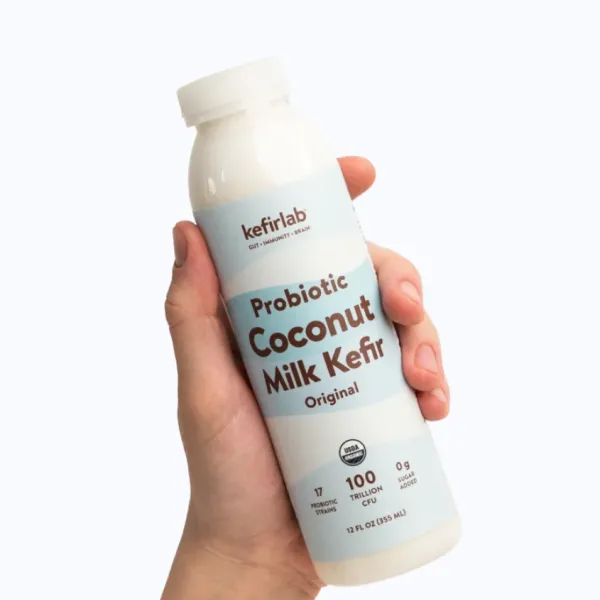
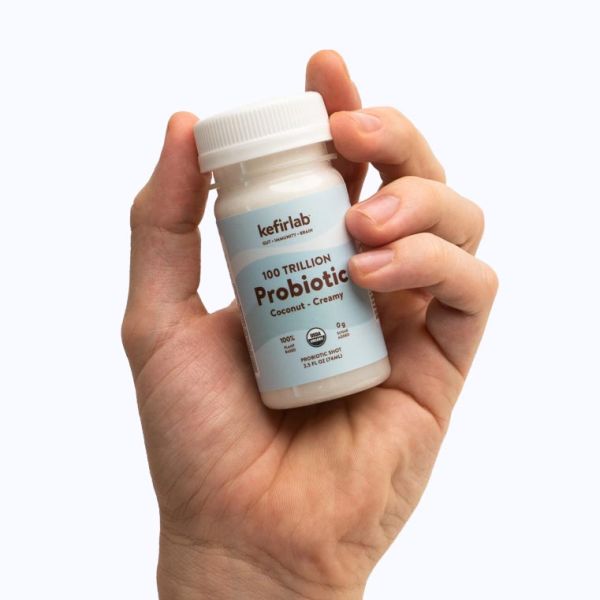
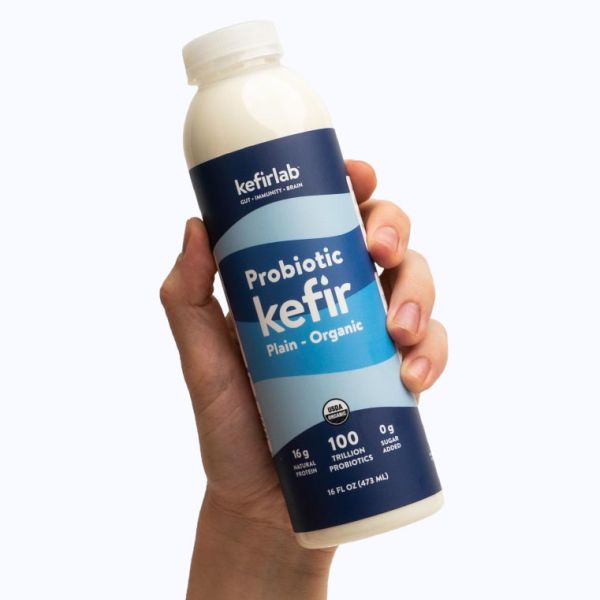
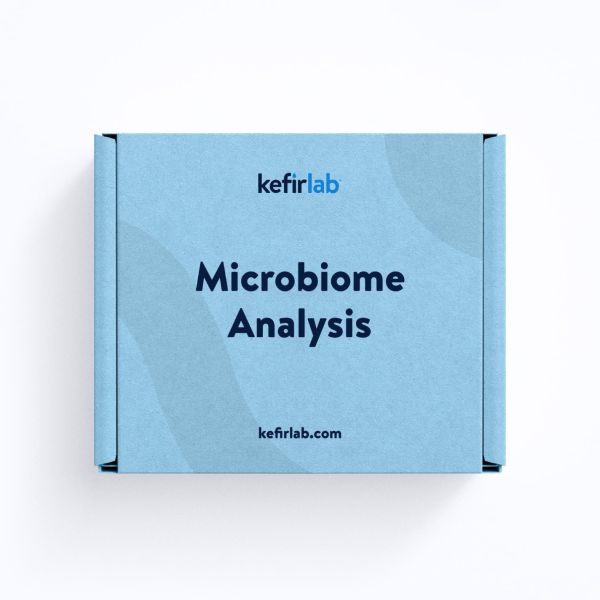

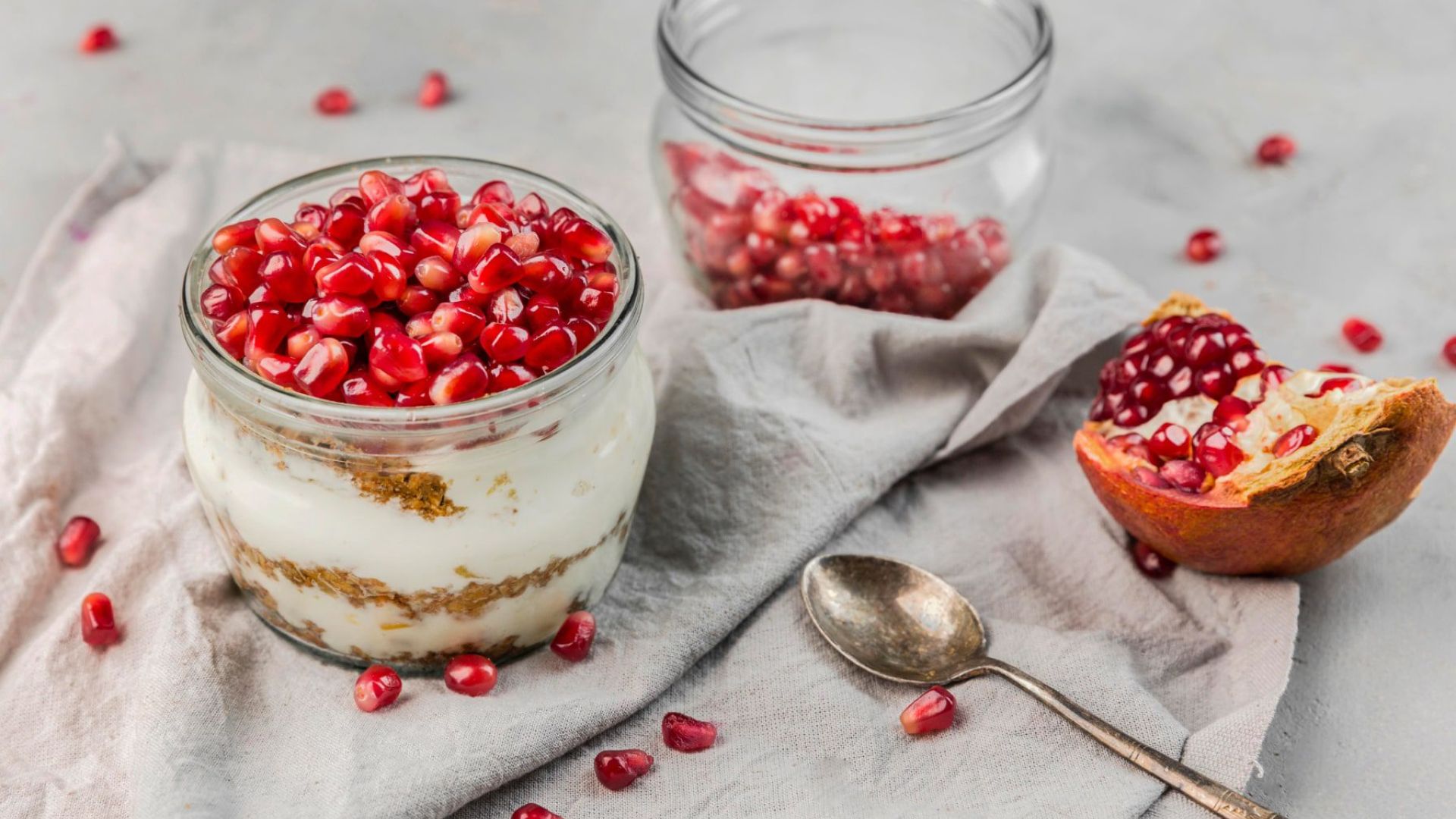

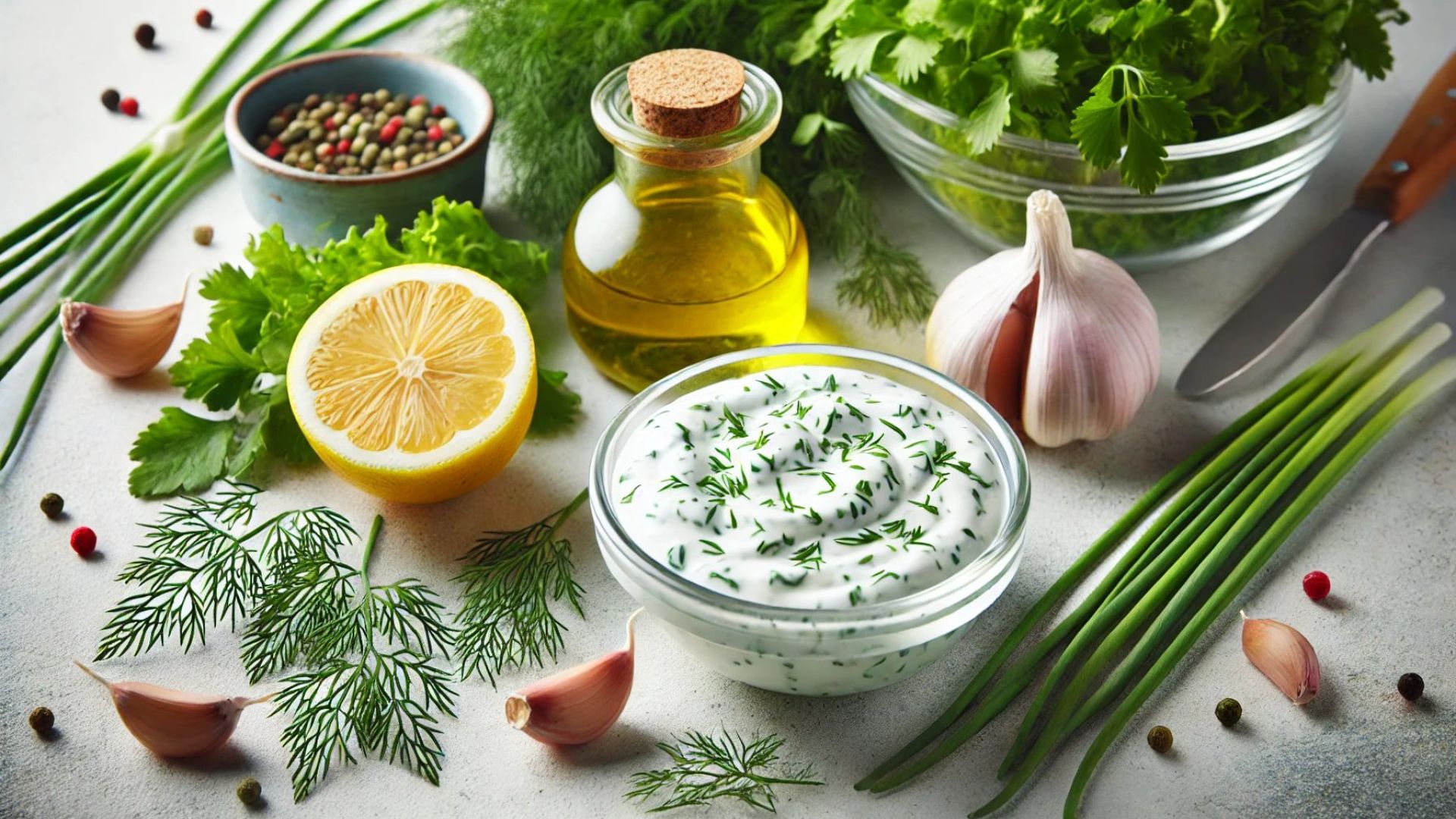
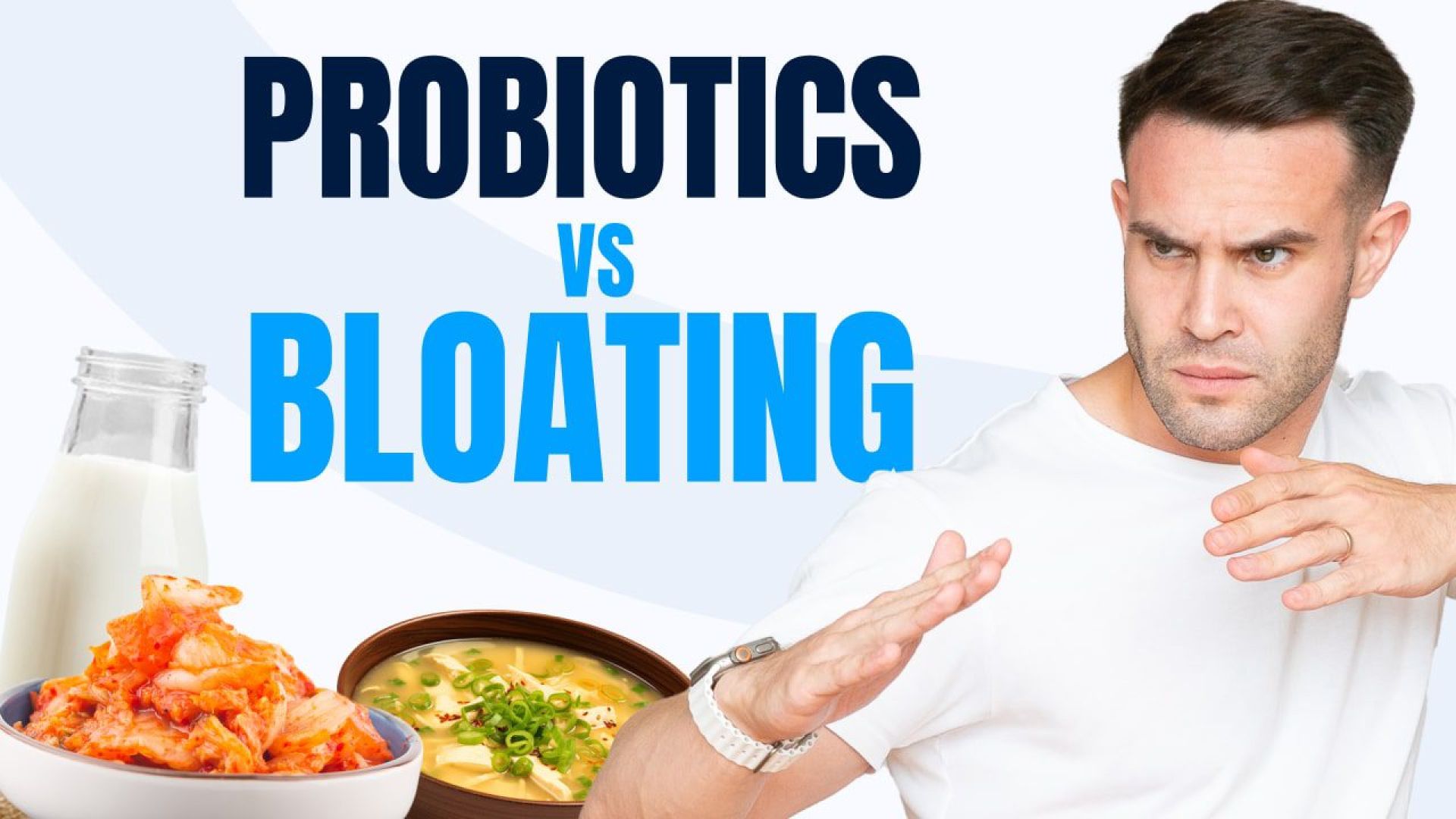

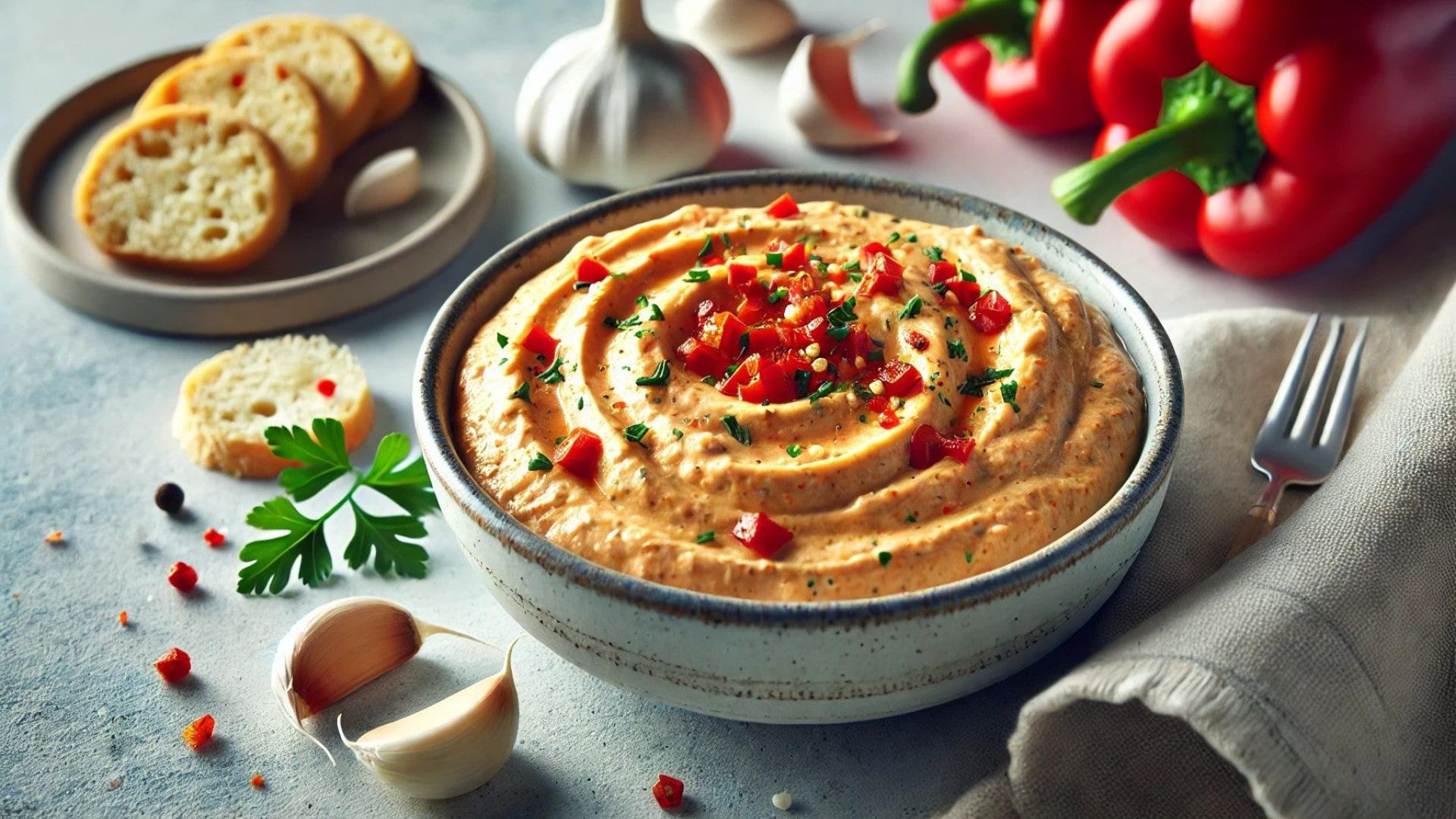



Gut health is so so important, and I’m always on the lookout for new ways to support mine. Great read!
Who knew gut health could be so fascinating?! This guide has me rethinking my entire approach to nutrition
Thanks for helping me understand that any type of food is not good for our gut when we consume them excessively. I believe that fact has always been around and in our mind ever since we were little. In my case, I experience pain in my stomach when I consume even a little bit of some types of food like dairy and more. Because of that, I am hoping to see a gastroenterology specialist here in Darwin to get to the root cause of my issue, since it seems like most meals I consume are already affecting me, especially at night.
Stay tuned for the new service we are about to launch – “The Gut Health Concierge” where the industry experts would be able to assist each scenario case by case, offering recommendations during the one-on-one sessions!
This is exactly what I’ve been looking for! It’s like a roadmap to better digestive health. Can’t wait to start implementing these
It’s not just about what to eat but understanding the science behind it all.